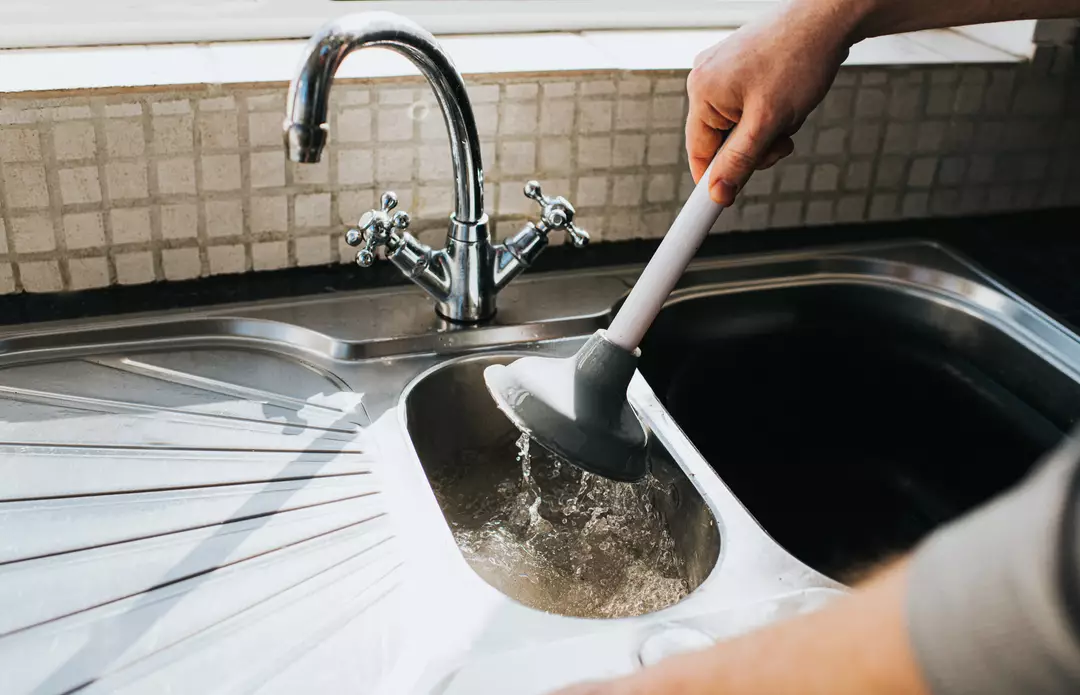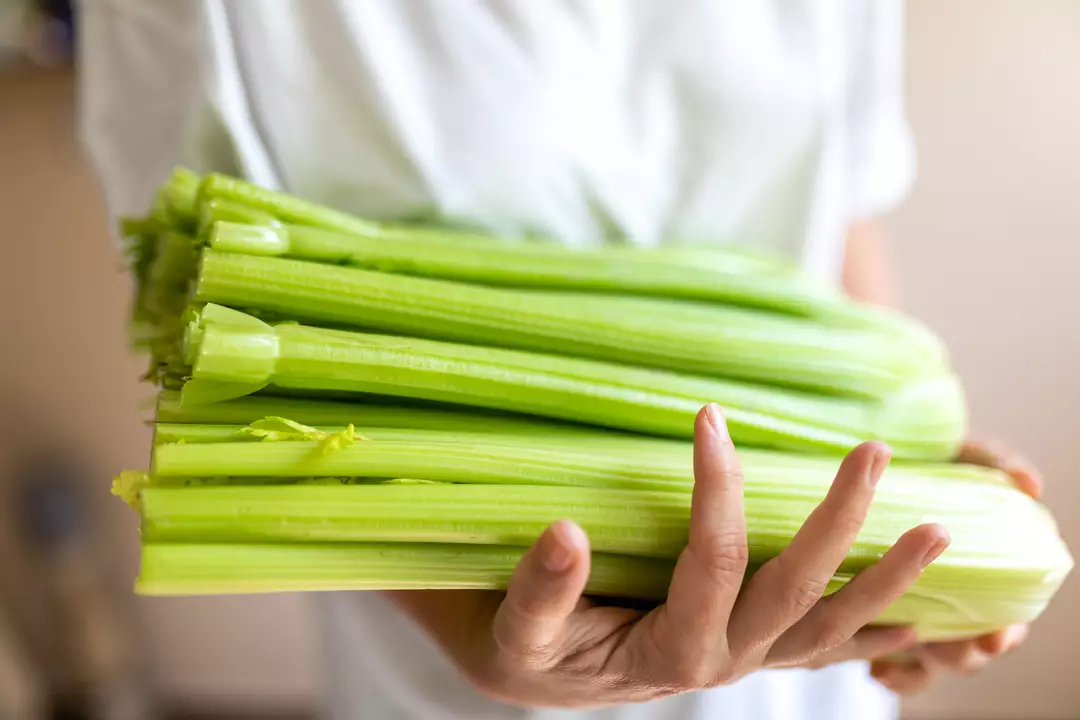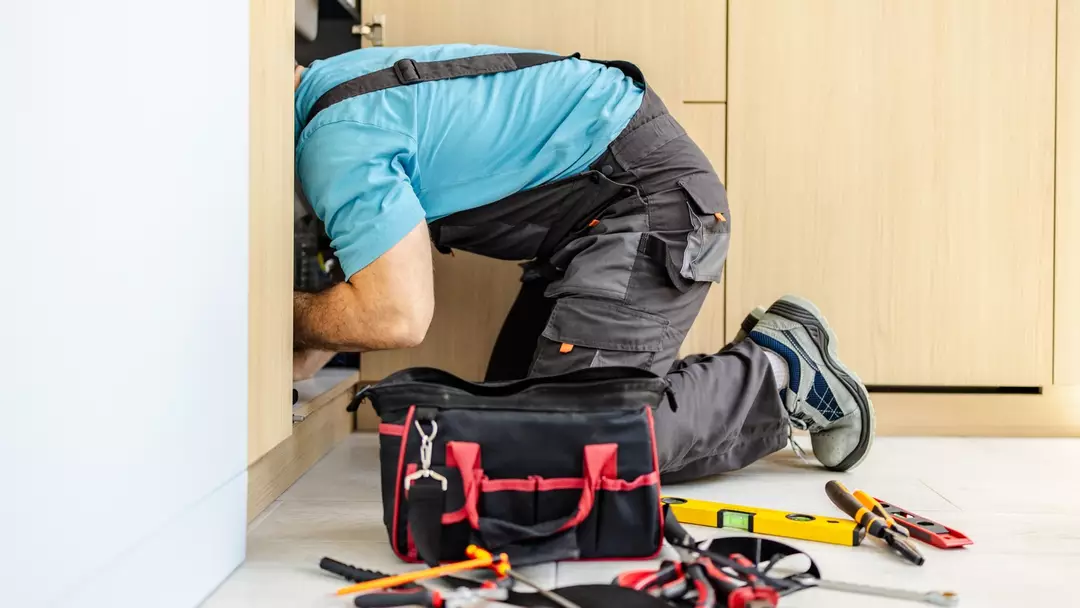Many associate the day after Thanksgiving with Black Friday, but within the plumbing community, it’s known as Brown Friday — and the reason might not be what you expect.
For those eager to snag a good deal, the term Brown Friday might suggest a shopping event, but it actually has nothing to do with retail.
In the plumbing industry, Brown Friday is a term that has been adopted, and if you are familiar with plumbing issues related to the color brown, the connection might become clear. However, if you’re still unsure, brace yourself for some insight.
So, if Brown Friday isn’t related to post-Thanksgiving sales like Black Friday, what exactly does it signify?

The term Brown Friday refers to the day after Thanksgiving, recognized as one of the busiest for plumbers annually.
According to Roto-Rooter, a prominent plumbing, sewer, and drain service company, service calls spike by 50 percent the day after Thanksgiving, as reported by Fox News.
This holiday often involves elaborate meals, and the aftermath can cause significant stress on plumbing systems, particularly toilets and garbage disposals.
Paul Abrams, a spokesperson for Roto-Rooter, described Thanksgiving as ‘a perfect storm for plumbing emergencies’.
“With homes full of guests, extra showers, and marathon kitchen sessions, pipes and disposals are pushed to their limits,” he noted. “Add in greasy turkey drippings and food scraps, and it’s no wonder drains clog and toilets back up.”

In terms of food-related clogs, egg shells and potato skins are common culprits. However, celery poses an even greater risk.
“Celery is incredibly fibrous,” plumber Patrick Garner explained to WTOP News. “When that comes down the drain, it’s breaking into these tough little strings, not unlike dental floss. That celery will bind up that disposal.”
Another problematic item is ‘flushable’ wipes. Garner expressed skepticism about these products: “I am convinced whoever invented flushable wipes was a plumber, because they know that no wipes are flushable.”
Instead, homeowners are encouraged to dispose of them in the trash to prevent plumbing disasters.
To avoid issues, it’s recommended to stagger showers and laundry loads to lessen plumbing strain; keep plungers and trash bins in guest bathrooms; use the disposal while feeding in food scraps; and avoid pouring turkey drippings and grease down the drains.

